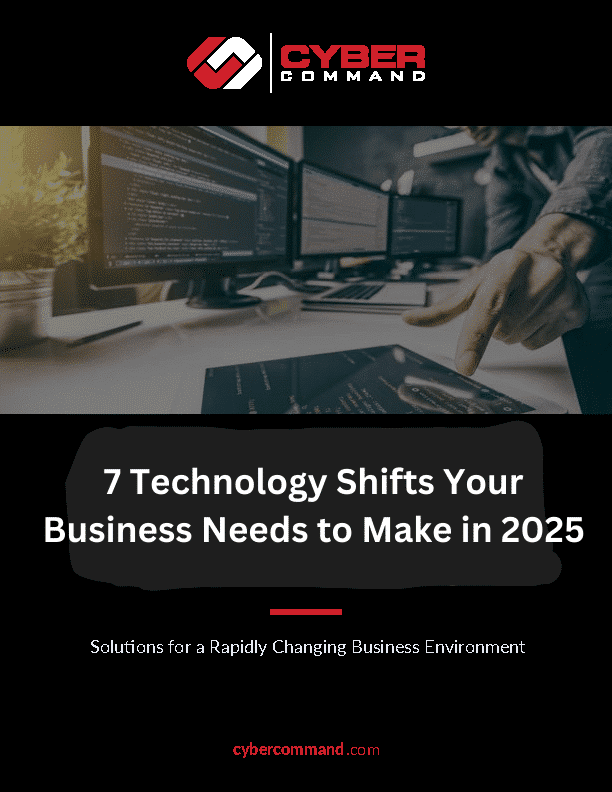The cybersecurity field is developing daily, and we must keep up with the changes. Most people who use cyberspace are not aware of what PII means. PII data is a term in cybersecurity that stands for personally identifiable information. This information is tied to an individual’s identity and identity based on a set of data available on servers and other stored applications in cyberspace. Your personal information contains critical data about you and confidential information that should not just get into any hands.
Cybersecurity is faced with protecting such sensitive private data and information and ensuring that they do not get into the wrong hands. This is done using a sa cybersecurity framework, a series of security measures interconnected to protect personal data and information in the digital space.
A lot can be done when PII is breached by a third party or potential threat on the internet. It is critical to understand protecting PII, how it comes to play, and what you can do to keep it safe and secure. In the rest of this post, we will look critically into protecting PII security, how it pertains to you, and what you can do to keep it safe, secure, and confidential.
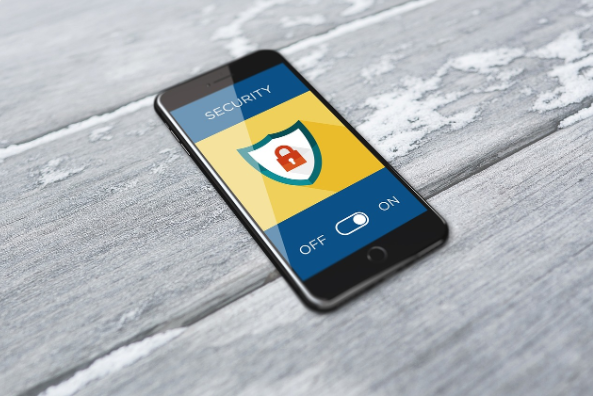
What Is Considered Personal Identifiable Information PII Data?
Everyone has specific data and information that pertains to them, and one of the costs of using the digital space is that such data and information are inputted either through services, websites, or applications that need the data to function.
The PII security covers specific details about an individual utilizing the online space. Put the pieces of this information together, and you can easily identify and access an individual maintained individual on the digital space. Some of this information can include one’s birth date, address, telephone number, email address, name, and mailing address.
In some cases, it could also contain means of identification like a driver’s license, national identity number, diverse license, and even billing information like credit card numbers and debit card numbers. This critical information is accessible on the net and is only protected by adequate cyber security measures. Recently, social security numbers and biometric information are also considered identifiable information, making PII security controls all the more critical and essential in cybersecurity.
Why PII CYbersecurity May Depend On Case-By-Case Assessments
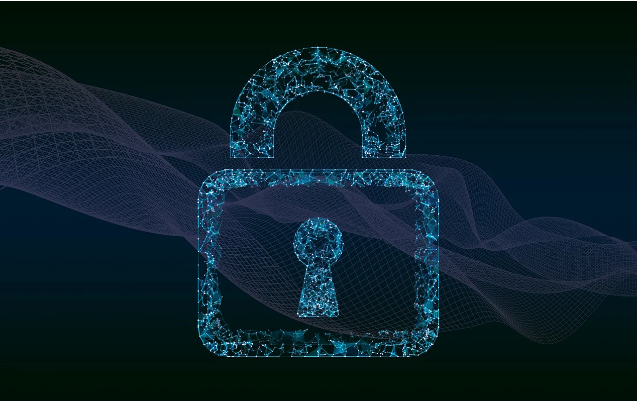
Depending on your area and the restrictions on personal information on the net, what is classified as personally identifiable information varies between sites and locations.
However, it all comes down to what is being done digitally. While some identifying information can require as much as your name, address, or social security number to get certain things done, in some cases, your name, id number, or email address is more than enough to suffice.
As a result, certain personally identifiable information is considered a cyber risk; however, this is done on a case-by-case basis. Such information contains critical details such as personal identifiers such as employer information, taxpayer identification number, passport number, and other critical information that could mean bad news when they fall into the wrong hands.
A prevalent situation is when such vital PII security is accessed and sold on the dark web for illegal and criminal activities. There may be times when nonsensitive data is used alongside nonsensitive PII to identify a specific individual accurately and precisely. Depending on the case, even perceived non-sensitive information can also function as a toll in a cybersecurity risk case. As such, you must protect against sensitive PII breaches and theft of this information.
What Is the Difference Between Sensitive PII Data and Non Sensitive PII?
Before we go into the key details, one critical factor to remember is this; when nonsensitive information n gets into the wrong hands, very little can be done with it to put you at a cyber security risk.
However, it is not the case with sensitive personally identifiable information PII, as access to even just one or two of such data can have highly damning consequences for social identity. With that in mind, we can say that sensitive information is a high-level cybersecurity risk. In contrast, no sensitive data falls slightly lower on the scale where personally identifiable information PII and cybersecurity are concerned.
For example, data such as usernames or tribe cannot do much to distinguish or trace down an individual’s specific identity and not cause much damage to them since they cannot accurately be streamlined out of the crowd.
Why Do You Need To Protect PII
However, it is a different ball game when personally identifiable information PII, such as the driver’s license, date of birth, government identification information, or social security number, is involved, as this can, by itself, compromise the identity alongside other very confidential information if an individual.
This is because confidential data and information are usually classified as such since they carry unique identifiers. Such data contain streamlined information that accurately tracks down to a single individual or, at most, a closed group of options that can be easily tracked down to get the accurate identity of the specific individual used. Examples of such data include medical records from healthcare service providers, customer information, insurance details, social security numbers, passport information, and other third-party transactional information.
Should Both Types of Personally Identifiable Information Pii Be Protected?
Cybersecurity largely involves protecting sensitive data and information from potential or possible breaches. Whether sensitive or nonsensitive, every data should be protected against a breach. However, the risk factors differ on a scale; personal identifying information, whether vital or basic, can still cause potential harm to an individual if the right measures are not set in place.
In the same vein, while nonsensitive data is not considered much of a threat, it becomes a high-risk case when combined with certain other sensitive data and information. This is why both types of personal identifiable information should be protected by businesses and other organizations that possess the personal information of employees, clients, and customers.
Cybersecurity: PII and Data Privacy
A data breach rarely ends well, and there is some form of compromise on the part of the individual with the identifiable data being exposed. These breaches can leave the individual’s information at risk and open your company to fines and lawsuits.
In such cases, cybersecurity services come into play in protecting PII with general data protection regulations, electronic documents, and information such as personal identifying information. It becomes even more critical for businesses and third-party agents dealing with such sensitive information to protect it from a data breach.
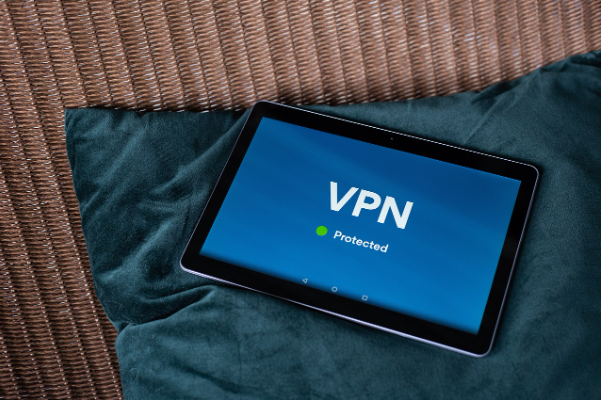
What cybersecurity experts will do is take additional information and develop a create a framework that will protect it. For example, cybersecurity experts can analyze the specific type of data your business stores to predict what nonsensitive data can be used to increase the likelihood of a sensitive PII breach.
Why Does Personally Identifiable Information PII Need Extra Security?
Here is a simple answer; because personally identifiable information PII sensitive data is, as the name implies, tied to a person’s identity, and identity theft, therefore, ranks on top of the list of potential risks with data breaches of this type. A stolen identity can be used in criminal acts and to carry out certain illegal activities that will implicate the wrong individual due to access to their information.
Identity theft is a cyber threat that uses stolen sensitive data, such as personal information to open accounts for profit, such as new bank or credit card accounts. As a result, protecting PII and security requires an extra level of protection to ensure that privacy is utmost and a breach is close to impossible and personal information about one’s identity is carefully and accurately protected.
Recovering from cyber theft is often a very difficult process that can take several years, and sadly, not all financial institutions offer recovery options for victims of cyber theft, and some victims may need to change their name, social security number, bank accounts, and other major aspects of identifiable information to recover from theft.
In extreme cases, victims of identity theft may need to file for bankruptcy. Where third parties and businesses are concerned, in cases of cyber theft due to information shared with the establishment, they could face a liability suit if proper care is not taken, which could potentially run down the business.
General Data Protection Regulation
Aside from the potential risk of cyber theft, certain regulatory bodies also govern the use of such data and information in the digital space. These regulatory bodies are usually government organizations and federal or state policies to which this information is subject. A good example is how one of the goals of government organization organizations and policies is to protect consumer data from cyber theft in the digital space.
Some government organizations, such as the European Union, have a robust data privacy regulation plan to reduce the risk of cyber theft. Although general data protection regulations began in the EU, they have become a global standard for protecting consumer information. Some of the compliance requirements of these regulations include masking online identification of private IP addresses, protecting health information, and letting users know when location data is being collected.
How Can Your Business Protect PII?
It all comes down to how well a business can effect sustainable and efficient cybersecurity measures to prevent a data breach and effective crisis management in case of an occurrence. At the same time, when a business has access to personally identifiable information of customers as a result of transactional activities, the organization operating the business must protect PII and notify consumers when PII security has been compromised.
With the help of effective cybersecurity services, companies and businesses alike can now develop comprehensive policies to protect PII with the aid of a cybersecurity framework effectively. Measures such as developing a strategy and a framework that will protect personally identifiable information with tools such as predictive analytics, artificial intelligence, secure passwords, two-factor authentication, multi-factor authentication, and other encryption can make all the difference in preventing a data breach.
How Can Individuals Protect PII?
Personally identifiable information contains very critical data, and more than ever before, individuals should be concerned about how much data employment information pertains to them is shared with a third party and on the online space. Most websites and businesses that require such information go the extra mile to include authentication apps and platforms to ensure that all are protected and no aspect of personal privacy is left unguarded. However, ensuring they only share such critical information with trusted websites remains an individual responsibility.
Proper attention should be given to information shared on social security numbers in the digital space, both based on specific factors and requirements or casually while updating your audience via social media. It is also pertinent to be well aware of potential scams and tactics used by these people to gain access to such information in the first place.
Individuals should always remember that the government and federal agencies will never ask for credit card information, especially casually over the Internet, where there is little to no means to verify or authenticate the request.
How Else Can Cybersecurity Services Help Your Business?
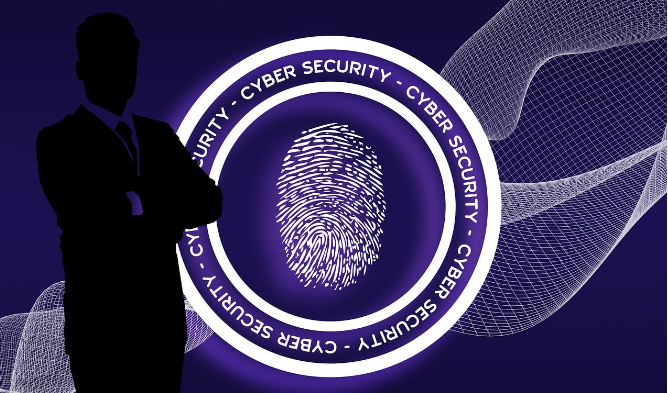
When protecting sensitive PII, businesses must be aware that cybersecurity measures should be implemented to protect these critical data. Not just anything will do, and most of the time, measures taken at the individual level are insufficient to protect such critical data for business on a large scale.
As a result, businesses need to adopt expert cybersecurity strategies and techniques from trusted service providers to help enhance the overall data security of the business. To put things in better view, here are some other ways in which you can go about implementing cybersecurity solutions as a business owner:
Create a Framework
Developing or creating a cybersecurity framework that features best practices, strategies, tools, models, and even crisis management plans to manage cases of data breaches is one of the many yet most effective means of protecting data. With the date of birth right service provider, you can find a flexible framework tailored to your business’s precise needs.
Manage Digital IDs and User Access
Effective management user tracking of shared data and information from clients and third-party agents is another effective means of preventing a potential data breach. For example, cybersecurity can help businesses simplify managing certain data privacy, including revoking permissions when employees are offsite or no longer working in a certain department.
By instituting data tracking and access control within an organization, you can mitigate specific risks associated with electronic PHI & personally identifiable information data privacy laws while providing a system to ensure employees can access what they need to do their work.
Install and Manage Cloud Security Features
Since many companies use cloud services to host data storage, software applications, and other types of data, it’s important to use a cybersecurity service that can manage the security features of cloud applications. The goal of managing cloud security is to protect data stored on the cloud from hacking or other data breaches.
Cloud security benefits using tools such as virtual private networks, two-factor authentication, and firewalls. Many breaches come from phishing attacks which too can be mitigated with a combination of employee education, security policies, and IT features installed on the corporate network.
Implement Data Security Measures
Effective cybersecurity service providers will also help your company implement data security measures. For example, as part of your cybersecurity framework, your business can keep data safe from identity theft and corruption. Effective data and security controls will include tools such as end-end encryption for transmitting data, encrypting data storage, and using authentication to restrict access to certain data.
Protect Application Security
The security of applications used by your company is also central, particularly applications that store employee and consumer-sensitive data. For example, health insurance portability and payroll applications must be protected with security measures to secure employee and healthcare information. Many businesses don’t realize it, but the applications used by your business are one of the areas cyber criminals will target during a data attack.
Upgrade Network Security
Finally, hiring cybersecurity services can also help your business upgrade the overall security of your network. Your business’s network can include the software your business uses and the physical servers that may be stored at your home address business headquarters. Network security will manage elements such as system access and other digital prints that can be used to identify cyber threats.
Use Cybersecurity to Protect Sensitive PII
Personally identifiable information is sensitive data and one of the main risks of cybercriminal activity. When cybercriminals have access to PII, it’s much easier to steal an individual’s identity. Businesses must protect a person’s identity from being stolen online. This includes both consumers and employees by using a robust cybersecurity framework. Contact us today to learn more about how managed IT support can benefit your business’s cybersecurity.

